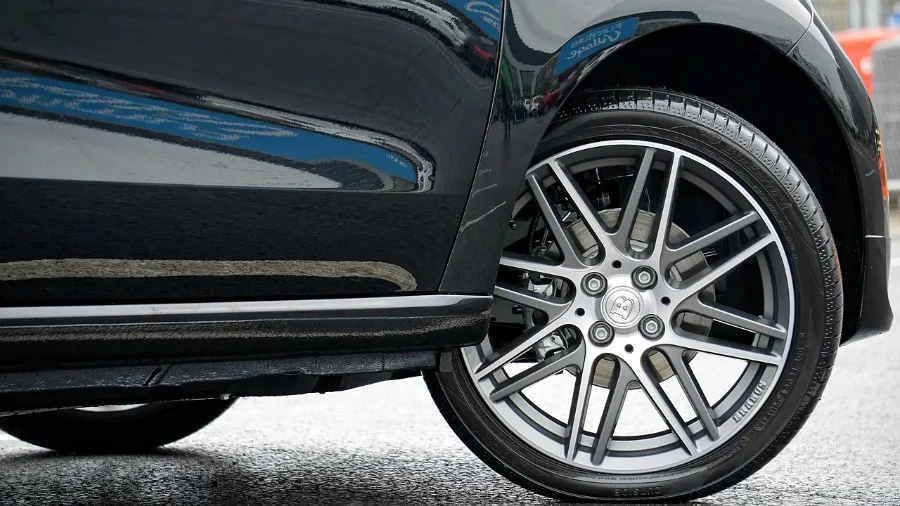Just the thought of your brakes going out is enough to make your heart pound, so imagine if it really happened! Would you know what to do? Noticing your brakes have failed while driving can be an extremely shocking and scary experience. While we all hope it never happens, knowing what to do if your brakes fail can help you be prepared and respond appropriately. Here are some steps on what to do if your brakes fail.

What to Do If Your Brakes Fail – 7 Steps
Remain Calm
First of all, although it’s easier said than done, do not panic. A clear head is an absolute must behind the wheel, especially when things go wrong. If your brakes fail, you need to remain calm and focus on getting your car safely off the road.
Try the Brakes Again
Apply strong, constant pressure to the brake pedal to see if you can slow the car down. In the majority of modern cars the front and rear brakes are controlled independently. This means both halves of the system would have to fail for your car to lose all braking power. While the loss of half your braking system is enough to feel unsafe, you may still have some stopping ability left.
Slow the Car Down
If the brakes are completely gone, you need to try to slow the car. There are two ways you can attempt to do this. The first is to very carefully apply the parking brake. A vehicle’s emergency braking system is separate from the main brakes, and may help to slow the vehicle down and stop it. Be prepared for your car to possibly skid. If this happens, immediately release the emergency brake and try downshifting instead. Keep in mind that it will take you longer to slow down that it does when using your main brakes.
A second option is to downshift into a lower gear and let the engine slow the car. Be sure to keep your foot off the accelerator. If you have an automatic transmission, once your foot is off the accelerator it should cause your car to automatically shift down through the gears as it slows down. If you have a manual transmission, work your way down through the gears to slow the car.
Safely Get Off the Road
Once you get to a slower speed, carefully and safely steer the car off the road onto the shoulder or another safe spot in order to minimize the chances of being hit. If you are in heavy traffic, try to get to the right hand side of the highway. Be sure to use turn signals and check surrounding traffic constantly. If needed, use your headlights and horn to alert other drivers. Once there, shift into neutral and use your emergency brake to further slow the car. If the brake does not work, let the car roll to a stop or look for other ways to stop as safely as possible. Turn on your hazard lights.
Don’t Turn the Car Off Until You’ve Stopped
While you may think turning the car off will help it stop, in actuality, doing so could be a bad idea. Cutting your car off will often shut down your power steering, making you car harder to steer and turn. It could also cause the steering wheel to lock into place. Get your vehicle off the road and stopped before turning it off.
Call for Help
Once off the road and stopped, make sure your hazard lights are on. Raising the hood and putting out reflective triangles are other ways to make yourself more visible and alert others that you have a problem. Just before to check you are out of traffic’s way before stepping out of your car. Signal another motorist or use your cellphone or vehicle’s online system to call for help.
Have Your Brakes Inspected and Repaired
Have your car towed to the shop for inspection and repair.
In Summary
Knowing what to do if your brakes fail can make a big difference and even help avoid injuries and damage to your car. However, prevention is also key. You know that saying about an ounce of prevention? Having your vehicle inspected and maintained on a regular basis is one of the best things you can do to prevent problems such as your brakes failing. If you’re not sure where go, consider the dealership where you bought your car. Many dealerships, such as Central Avenue Hyundai in Hartsdale, New York, can help make sure your car is running in top shape. Or do a search for certified mechanics in your area.
